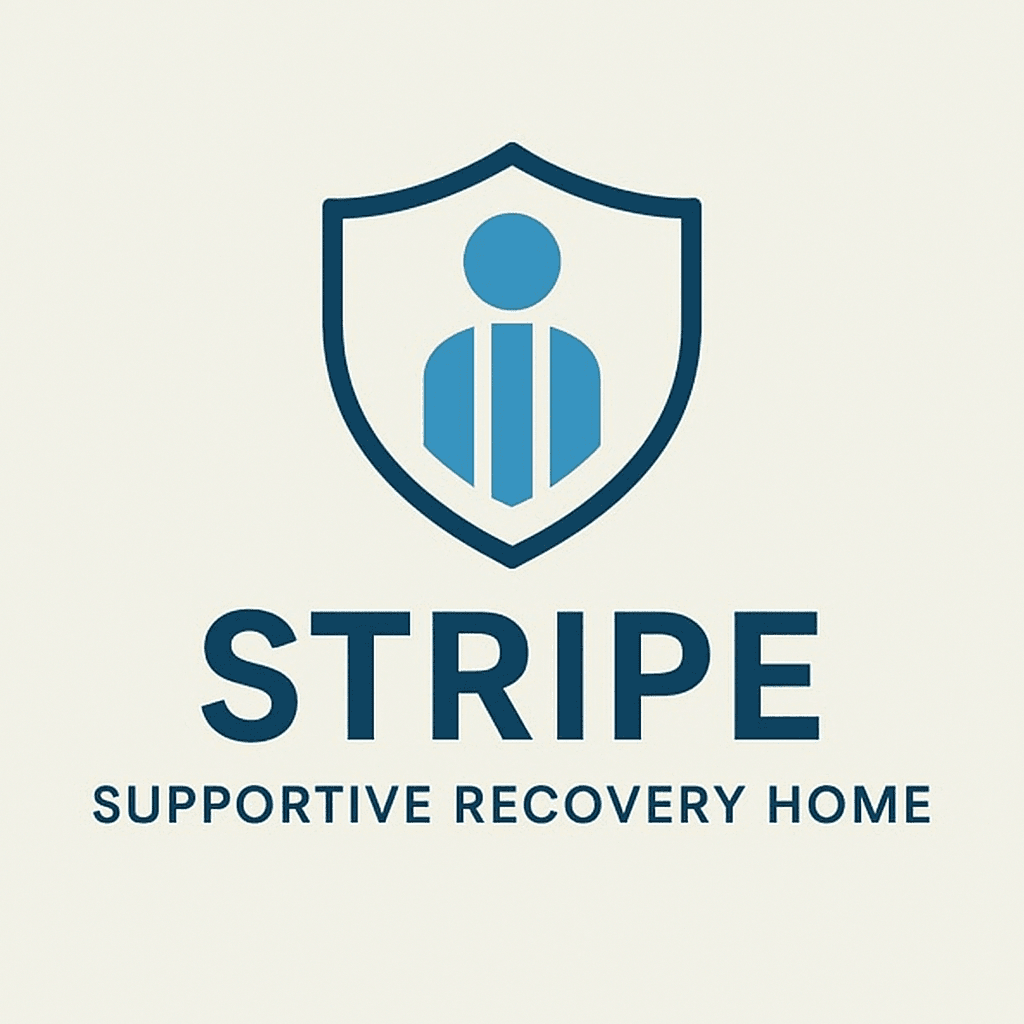Seasonal Tips for Maintaining Sobriety in Transitional Housing
Understanding Seasonal Triggers
As the year progresses, each season brings its unique set of challenges and opportunities for individuals in transitional housing working to maintain sobriety. Understanding the influence of seasonal changes on your mood and behavior is critical. For many, the winter months might evoke feelings of isolation due to shorter days and colder weather. On the other hand, the summer months can bring about social pressures during outdoor gatherings.

Recognizing Emotional Patterns
It's important to recognize emotional patterns that might arise during different seasons. The holidays, for example, can be especially triggering for those in recovery due to family gatherings and celebratory events where alcohol might be present. Keeping a journal to track your emotions and triggers can be a helpful way to identify patterns and prepare coping strategies.
Building a Supportive Community
One of the most effective ways to maintain sobriety is by building a supportive community around you. This can be achieved by participating in group activities within your transitional housing environment. Whether it's a weekly support group, a shared hobby, or simply spending time with others on similar journeys, staying connected can provide much-needed encouragement and accountability.
Engaging in Group Activities
Consider organizing seasonal activities that promote sobriety and fellowship. Something as simple as a potluck dinner or a game night can foster a sense of community while offering an alcohol-free environment. Engaging in volunteer work can also provide a sense of purpose and contribute positively to your mental well-being.

Establishing Healthy Routines
Transitioning from one season to another offers a perfect opportunity to establish or revisit healthy routines. Consistent routines are crucial for maintaining sobriety as they provide structure and predictability. Incorporate regular exercise, balanced nutrition, and adequate sleep into your daily schedule to support both your physical and mental health.
Practicing Mindfulness and Relaxation
Mindfulness practices such as meditation and yoga can be especially beneficial during seasonal transitions. These activities help reduce stress and promote self-awareness, making it easier to manage cravings and emotional fluctuations. Start with short, guided sessions and gradually increase the duration as you become more comfortable.

Utilizing Available Resources
Transitional housing often provides access to various resources designed to assist residents in their recovery journey. Take advantage of workshops, counseling sessions, and resource centers that offer information and support tailored to your needs. Staying informed about your options can empower you to make decisions that align with your sobriety goals.
Seeking Professional Guidance
If you find yourself struggling during certain seasons, don't hesitate to seek professional help. Therapists and counselors specializing in addiction recovery can offer strategies and coping mechanisms tailored to your individual circumstances. Remember, seeking help is a sign of strength, not weakness.
Embracing Personal Growth
Seasonal transitions are an opportunity for personal growth and reflection. Set realistic goals for yourself that align with your journey toward sobriety. Celebrate small victories along the way, as these milestones contribute to long-term success. Embrace the changes each season brings as a chance to learn more about yourself and continue building a fulfilling, sober life.
By understanding seasonal triggers, building a supportive community, establishing healthy routines, utilizing available resources, and embracing personal growth, individuals in transitional housing can navigate seasonal changes with confidence in their sobriety journey. Remember, each season is a step toward a brighter, healthier future.

